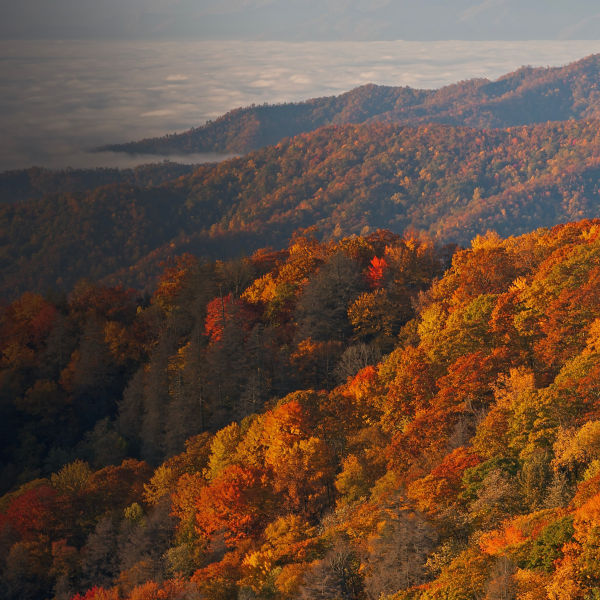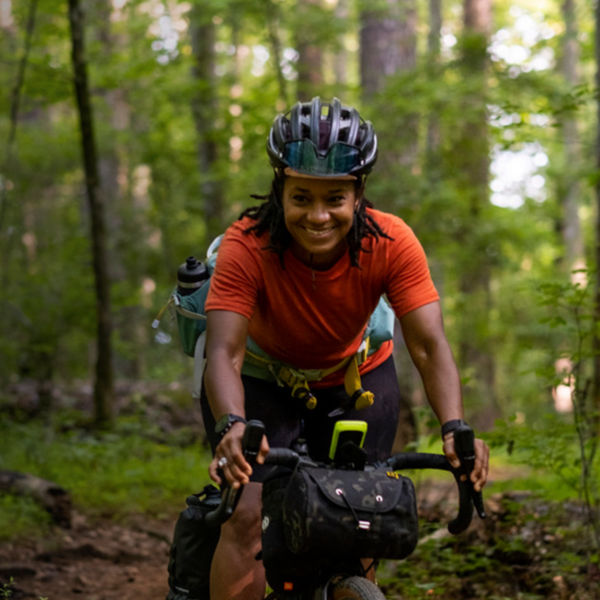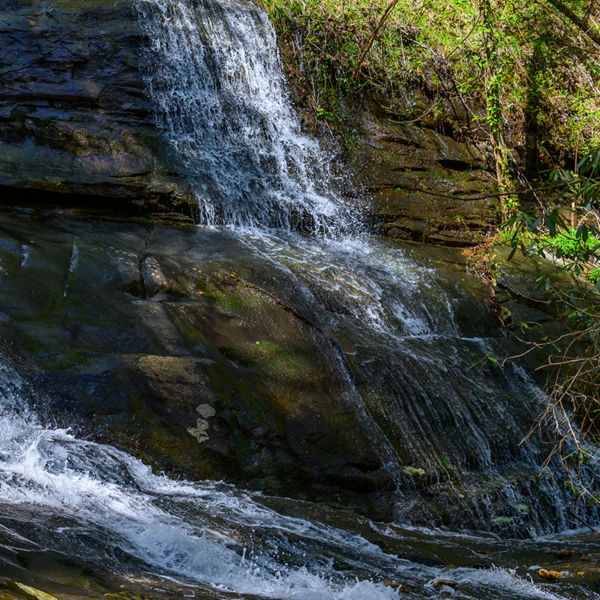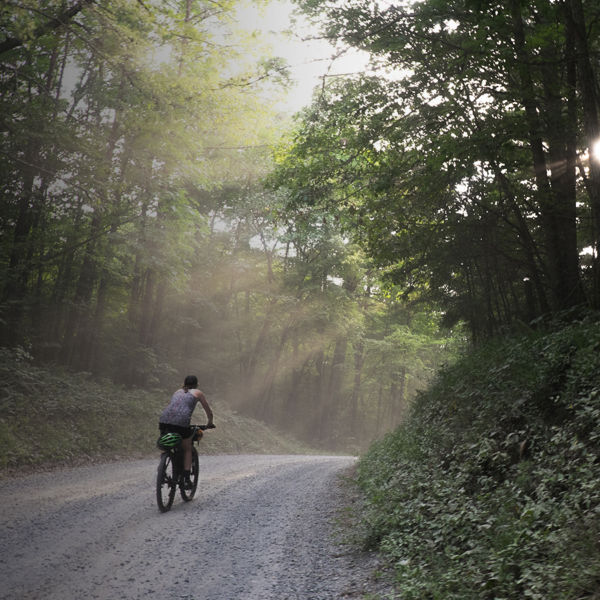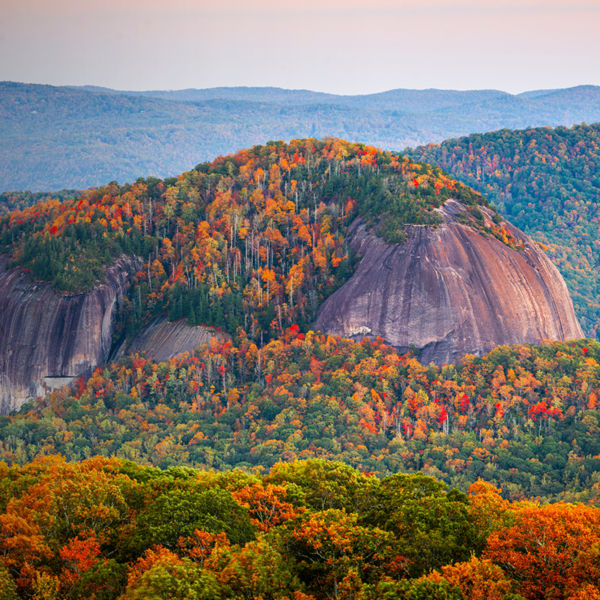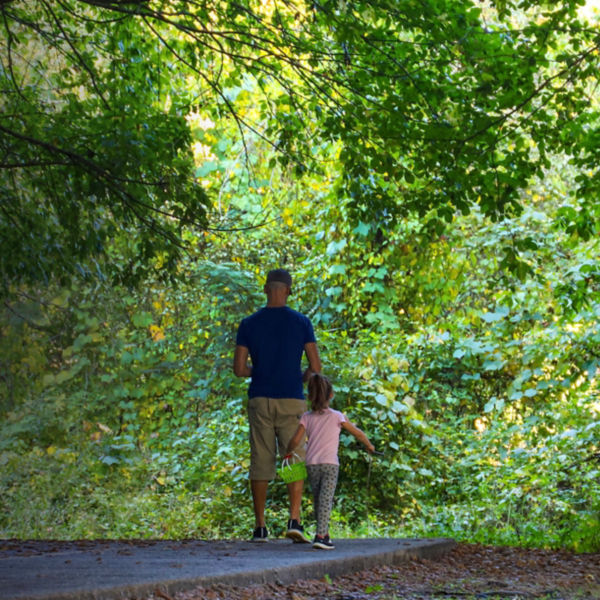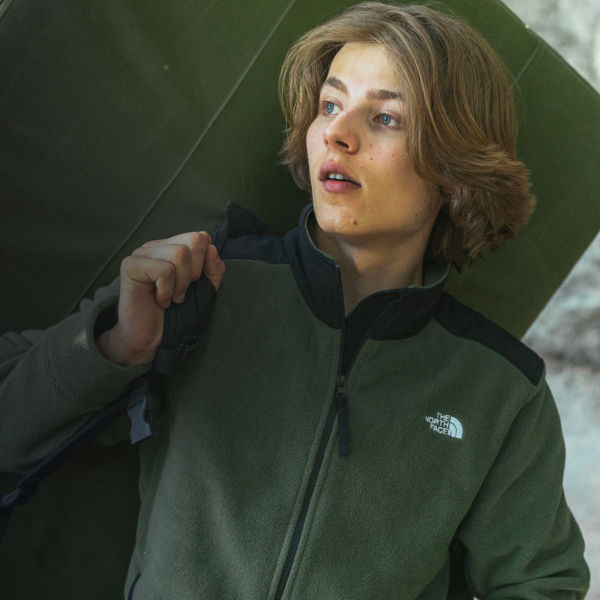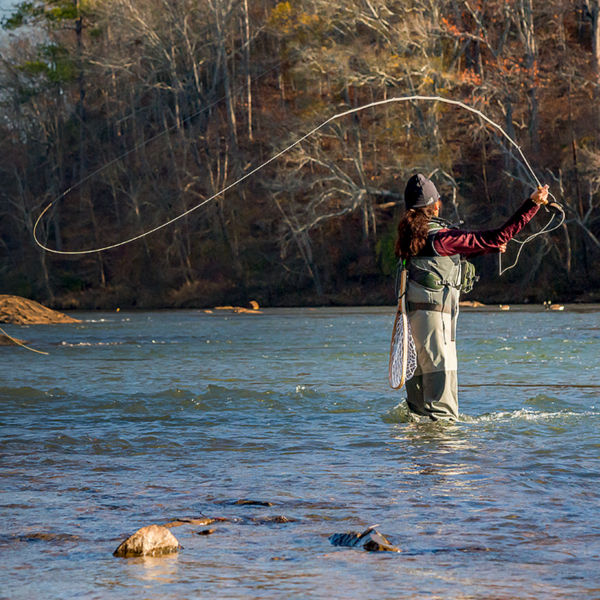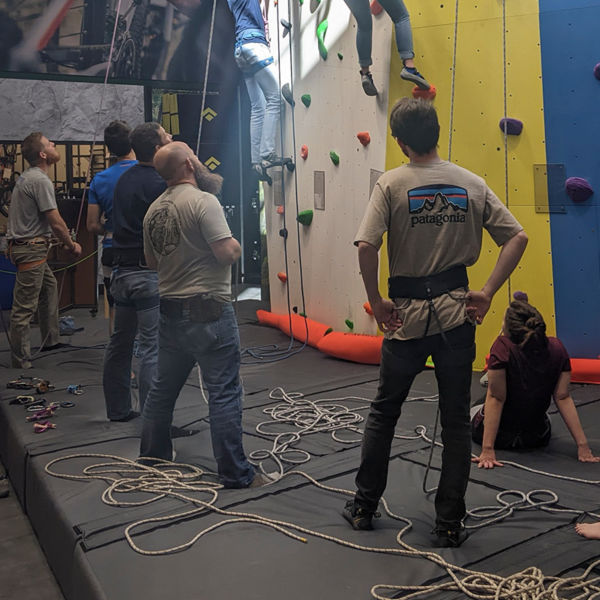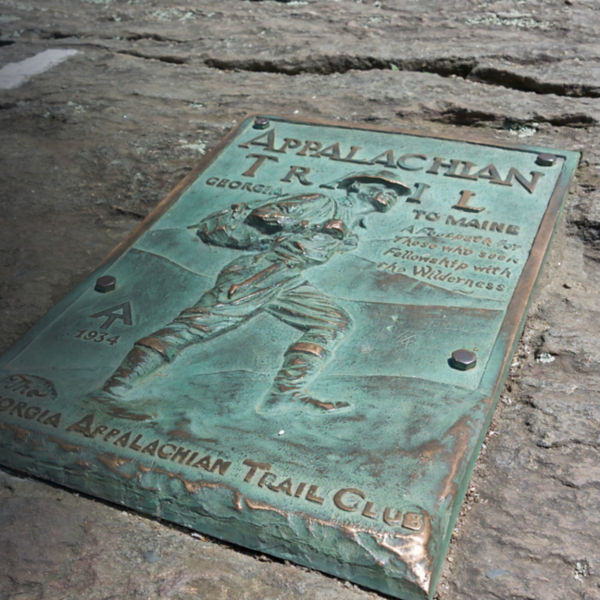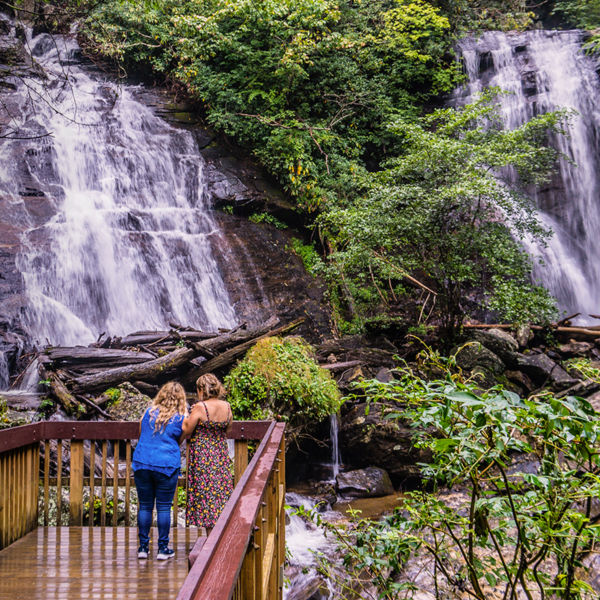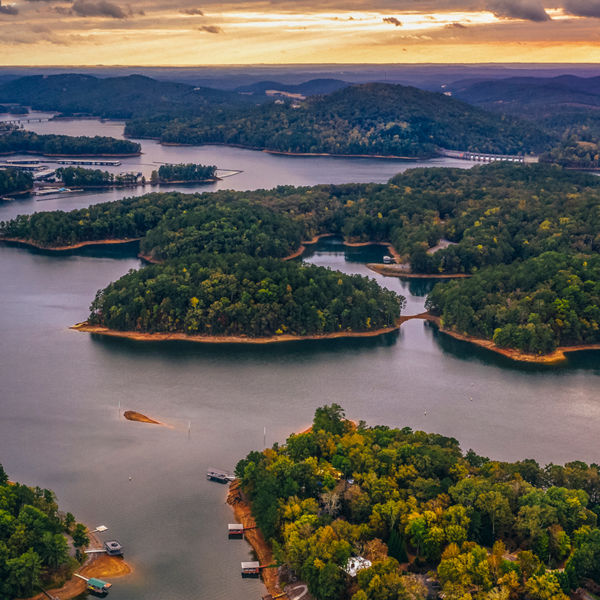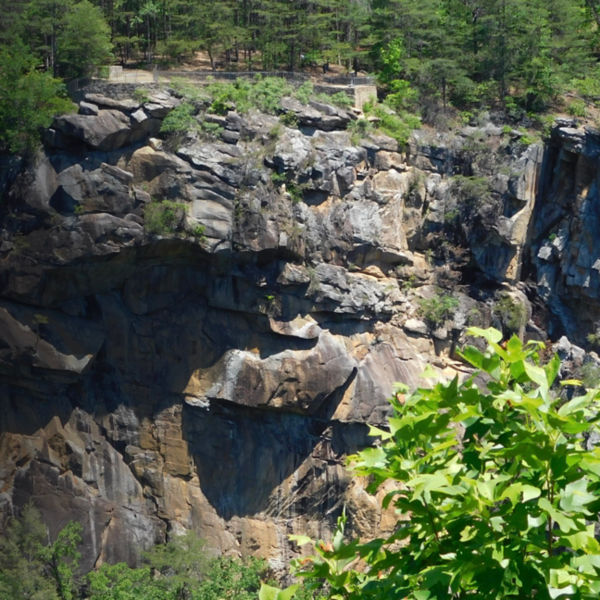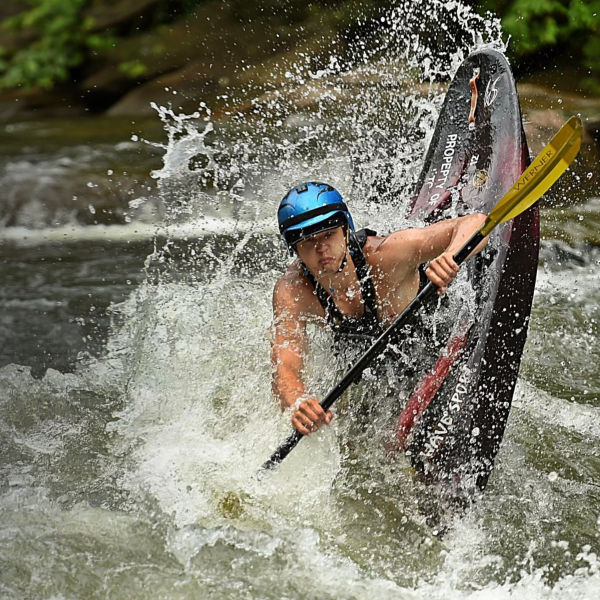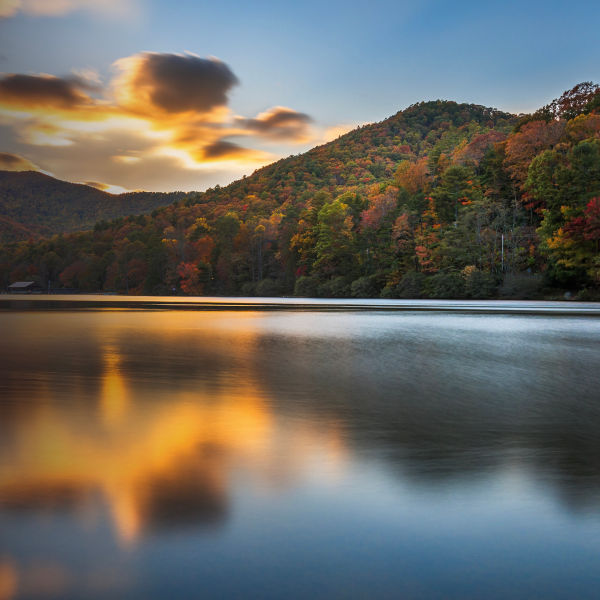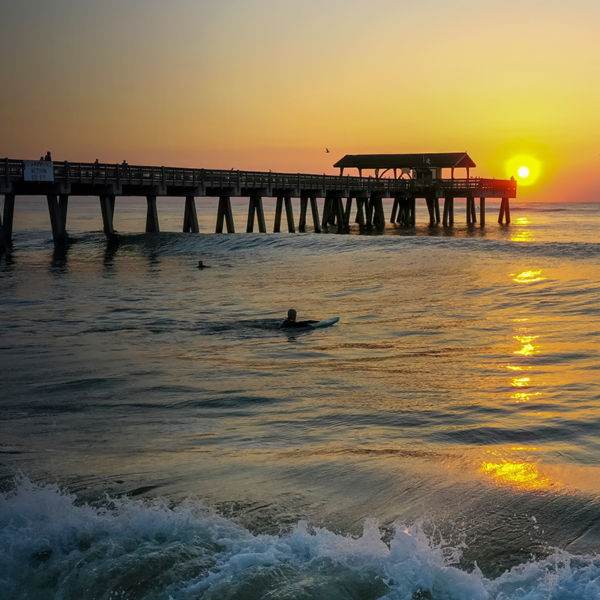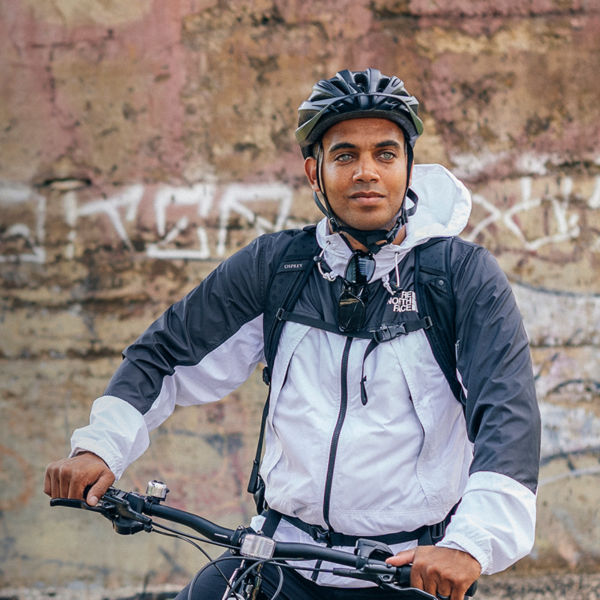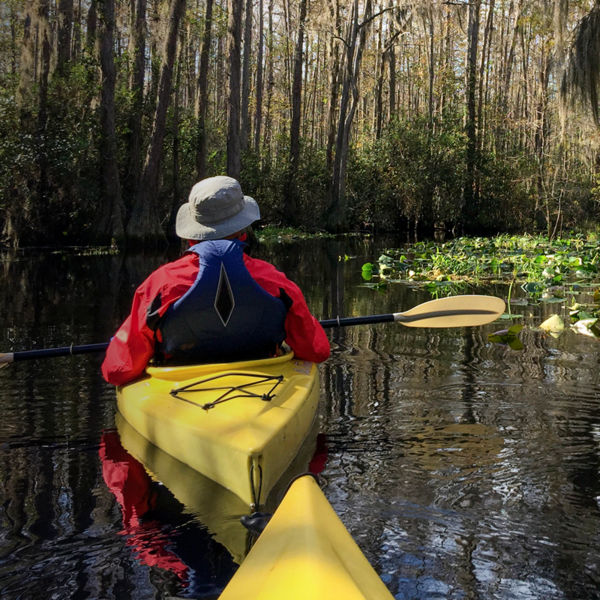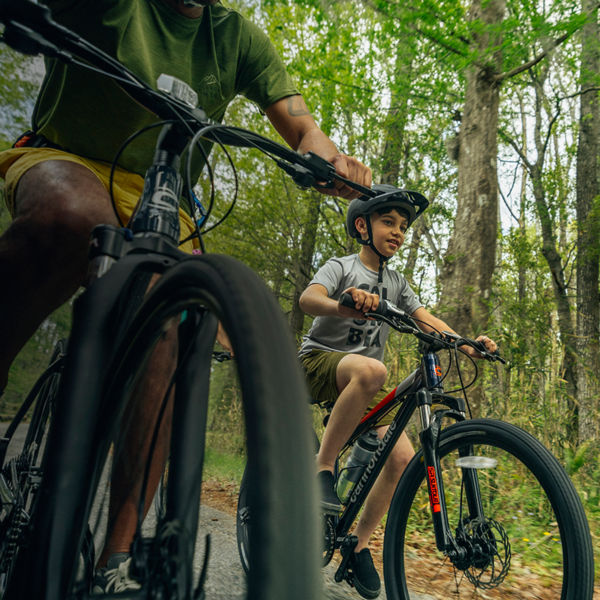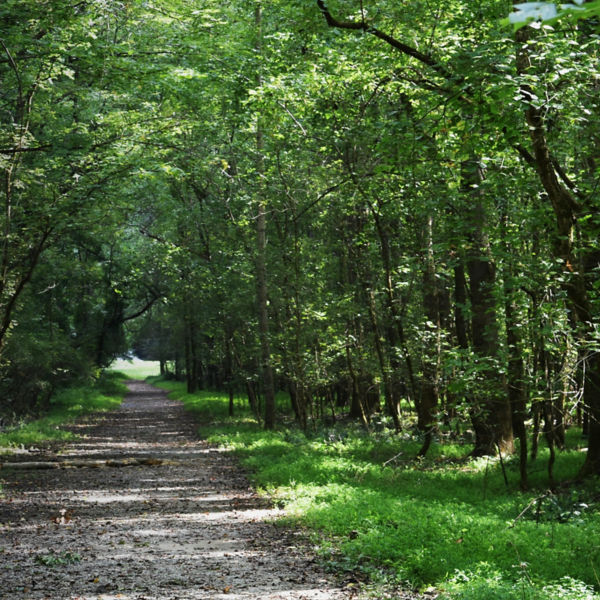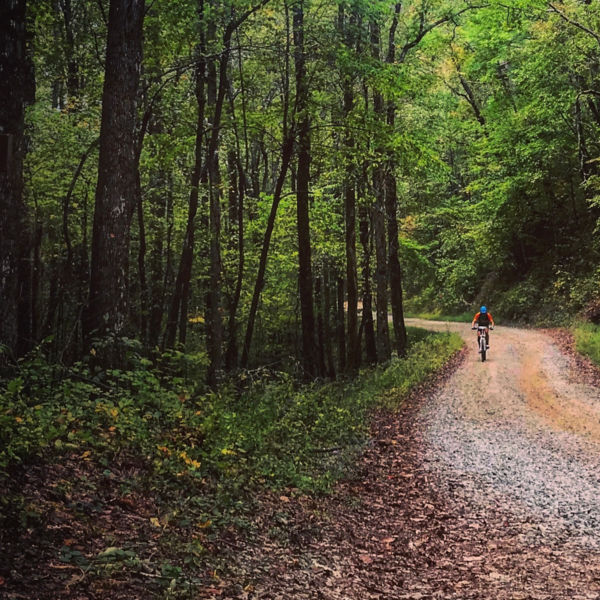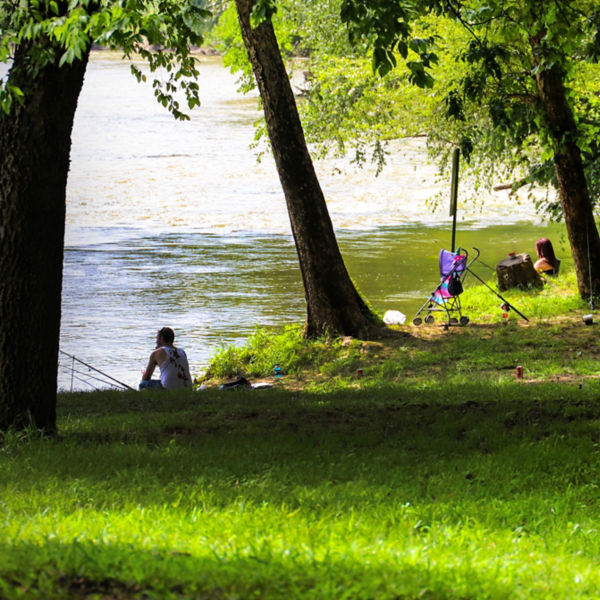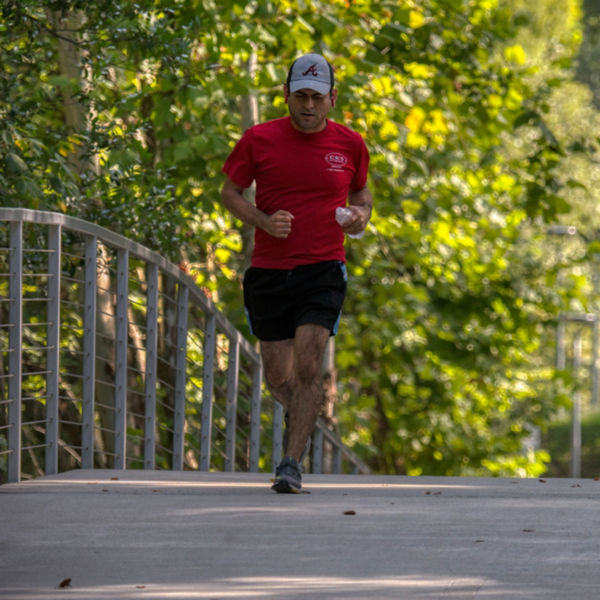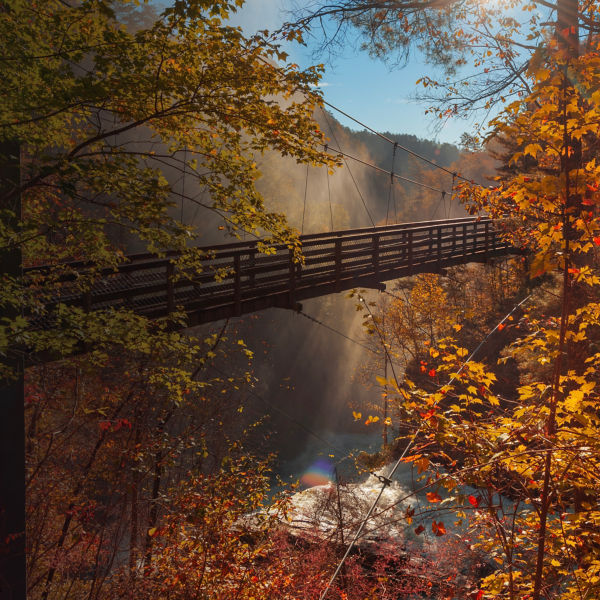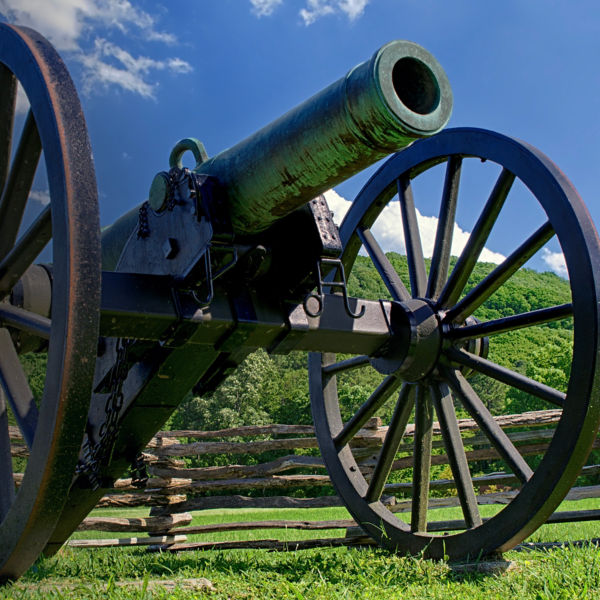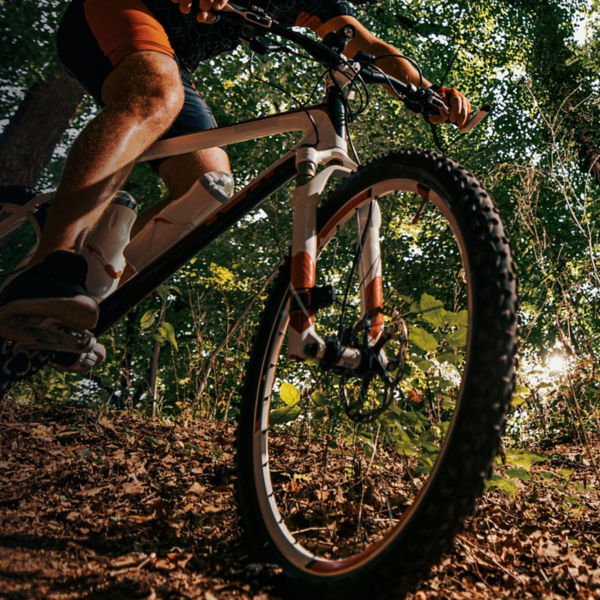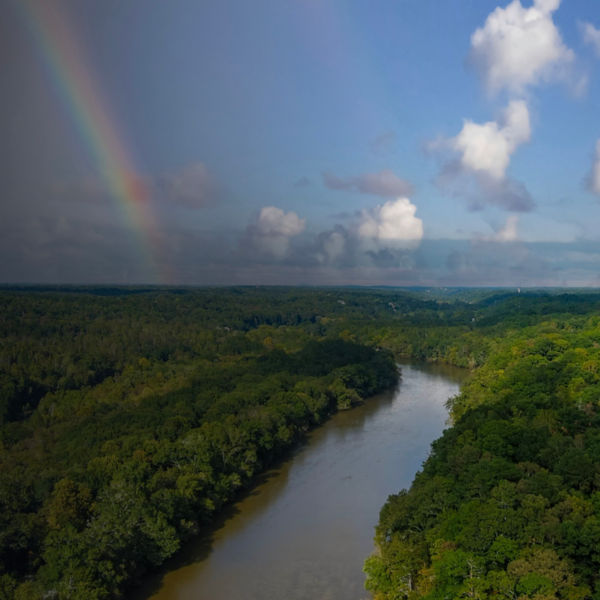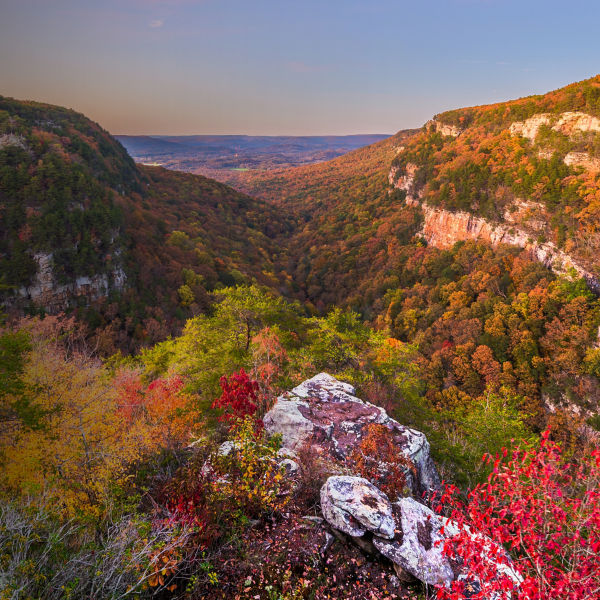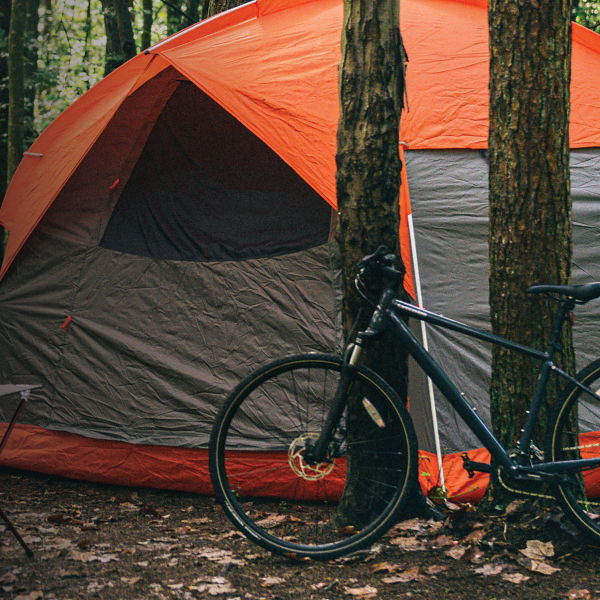
Hemlock branches chatter as a breeze riffles the upper canopy. You hear a splash as a rainbow trout breaks a stream’s surface. A mountain bike whizzes through the dappled undergrowth. A horse whinnies in the distance. But aside from that, there’s not a sound. Just you and the stillness of the North Georgia woods.
Welcome to the Cohutta Wilderness. At about 37,000 acres, it’s one of Georgia’s biggest uninterrupted swaths of public land and a camper’s paradise. Here you’ll find rolling hills, 4,000-foot peaks, endless ridgelines, deep forest, and dozens of cold mountain creeks. For centuries, this area was a critical source of fish and game for the Yuchi and Cherokee peoples. Today, the land is managed by the U.S. Forest Service as part of the Cherokee National Forest.
Whether you’re looking for a remote, dispersed-camping experience or family-friendly campground with all the amenities, the Cohutta has you and your crew covered.
How To Find the Best Camping in the Cohutta Wilderness
There are many different ways to access the sprawling Cohutta Wilderness, and plenty to do once you’re there. The best campsite for you will depend on your adventure priorities.
For family-friendly campsites…
The Lake Conasauga Campground is among the easiest to get to and the most amenity-rich in the Cohutta Wilderness region. Swimming beaches and hiking trails make this an easy spot to bring the whole family and keep everyone occupied for a weekend (or longer). To get there, head north to Crandall, Ga. Take Mill Creek Road and West Cow Pen Road east then south to get to the lake.
If you’re looking for a hike to do with smaller kiddos, try the 0.9-mile Hickey Gap Trail, which includes an impressive natural waterfall.
For campsites with good fishing…
Two main rivers cross the Cohutta Wilderness: the Conasauga and the Jacks. Both are known for their thriving populations of brown and rainbow trout, in addition to bass, bream, and catfish. Angling is generally easier on the Conasauga River where you’ll find a few great campgrounds (and far fewer private property boundaries to worry about).
If you’re hoping to launch a paddlecraft or fish from the lakeshore, try the Lake Conasauga campground (see above). To camp closer to the Conasauga’s headwaters, go further north along U.S. Route 411 to Cisco, Ga. Target the Cottonwood Patch Campground near the Tennessee border for relative solitude and good trail access.



